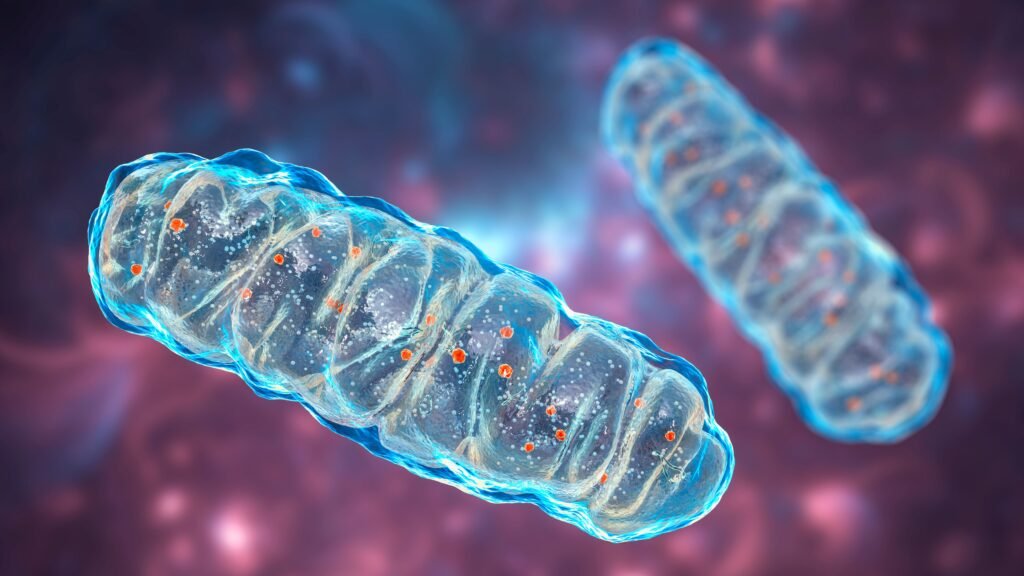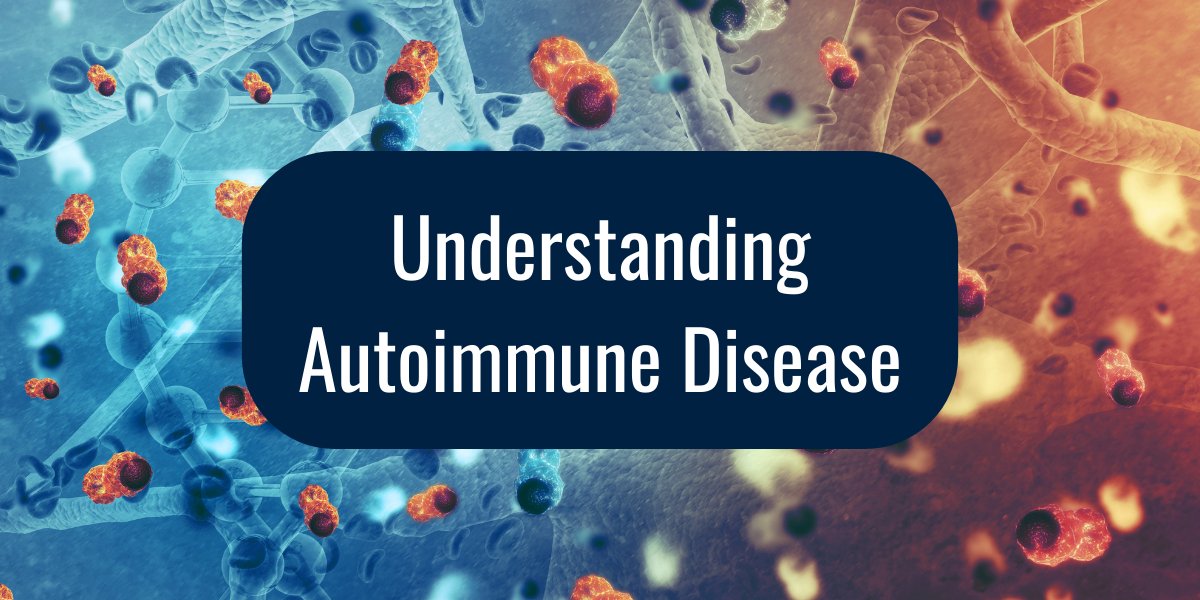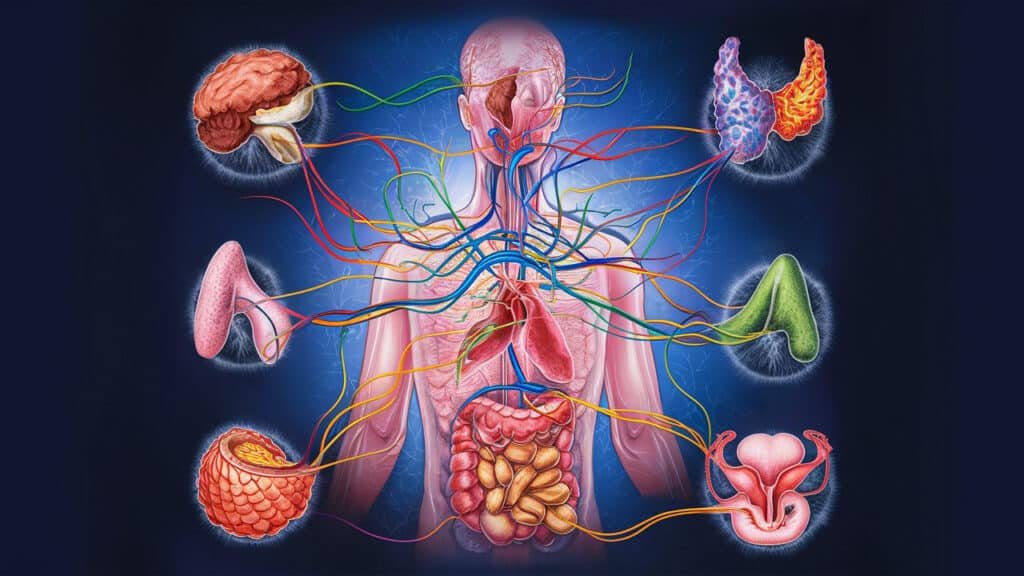
How Functional Medicine Gave Me My Life Back
“…Two years later, through my own persistence to learn about functional medicine, and my dedication to making and keeping to the healthy changes in my life... I feel like a brand new person! Let me tell you, it was a journey to wellness..one I will be on for the rest of my life. I wasn't able to change everything overnight, it took time. I've been able to stop every single prescription drug I was on (it was 6 at one time). I sleep like a baby, I'm no longer anxious, my stomach and digestion are just about perfect. I have NO PMS to speak of. I do experience headaches and fatigue still, but they are much better and I believe they're brought on partially by stress which is hard to eliminate given my line of work.
Functional medicine hands down is the best thing I've ever done in my life, and I'm SO grateful for Dr Hartmann helping give me my life back!!! If you're thinking of calling him, I think you should, and you will be glad that you did. You'll never regret investing in your health! My son also sees Dr Hartmann as well, and his health has also improved greatly!!"

The Hidden Link Between Emotional Trauma, Hormones, and Gut Health
When it comes to healing, most people start with the physical. They adjust their diet, take supplements, maybe even start hormone therapy or gut protocols. But what many don’t realize is that true, lasting wellness requires more than just physical adjustments—it requires emotional and spiritual healing too.
Your emotional health and physical health are not separate. They are two sides of the same coin, constantly communicating, constantly influencing each other. In fact, unresolved emotional trauma can directly disrupt your hormones and gut function—and unless we address the root cause, no amount of supplements or biohacking will lead to deep, sustainable healing.

The Estrobolome: How Your Gut Microbiome Regulates Hormones
Hormone balance isn’t just about your endocrine system—it’s also about your gut. One of the most fascinating and overlooked aspects of hormonal health is the estrobolome, a collection of gut bacteria that play a crucial role in estrogen metabolism. If you're struggling with symptoms of estrogen imbalance—such as PMS, weight gain, mood swings, or even conditions like PCOS or endometriosis—your estrobolome may be the missing piece of the puzzle.

Perimenopause: What to Expect and How to Navigate the Transition Naturally
Menopause doesn’t happen overnight. It’s a journey, and that journey begins with perimenopause—the phase leading up to menopause when hormone levels start to shift. For some women, perimenopause is a gentle transition, while for others, it can feel like a rollercoaster of symptoms that disrupt daily life.
If you’re in your late 30s or 40s and noticing changes in your cycle, mood, energy, or sleep, perimenopause might be knocking on your door. But the good news? There are natural ways to support your body through this transition and set yourself up for a smoother menopause experience.

Testosterone: What Affects It and How to Boost It Naturally
Testosterone is a key hormone in the body, playing a crucial role in muscle growth, fat metabolism, energy levels, mood regulation, and overall vitality. While it is often associated with men’s health, women also need healthy testosterone levels for optimal well-being. Unfortunately, modern lifestyle factors, stress, poor diet, and environmental toxins have led to declining testosterone levels in both men and women. In this article, we’ll explore what affects testosterone and how to optimize it naturally through lifestyle and supplements.

The Power of Meditation: How It Transforms Your Health and How to Start Your Practice
In a world filled with constant noise, distractions, and stress, meditation stands as a powerful tool for restoring balance, clarity, and well-being. While many associate meditation with spirituality, it has also been scientifically proven to improve physical and mental health. Whether you're looking to reduce stress, boost focus, or enhance overall wellness, meditation offers a path to a healthier, more centered life.

Mitochondrial Health: The Key to Longevity and Vitality
Mitochondria are the powerhouses of our cells, responsible for producing the energy that fuels every function in our body. These tiny organelles generate adenosine triphosphate (ATP), the energy currency of life, through a process known as oxidative phosphorylation. Without healthy mitochondria, our cells, tissues, and organs cannot function optimally.
Beyond energy production, mitochondria play a crucial role in cellular signaling, immune function, and even the regulation of apoptosis (programmed cell death). Their impact extends to virtually every system in the body, making mitochondrial health a cornerstone of overall well-being and longevity.

The Synergy of Omega-3 with Vitamin D and Exercise for Healthy Aging
Aging is an inevitable part of life, but how we age is largely within our control. By focusing on key lifestyle factors such as nutrition and physical activity, we can slow the aging process, improve quality of life, and reduce the risk of chronic diseases. Among the most powerful combinations for healthy aging is the synergy between omega-3 fatty acids, vitamin D, and regular exercise. These three components work together to optimize brain health, muscle function, heart health, and overall vitality.

Microplastics: The Invisible Threat to Our Health and Environment
In recent years, the conversation around plastic pollution has shifted from visible plastic waste—like bags and bottles—to something much more insidious: microplastics. These tiny plastic particles, often invisible to the naked eye, are infiltrating every corner of our environment, including the air we breathe, the water we drink, and even the food we eat. But where do microplastics come from, how are they affecting our health and ecosystems, and what can we do about them?

The Hidden Causes of Anxiety and Depression: How Gut Health, Hormone Balance, and Environmental Toxins Impact Mental Well-being
Anxiety and depression are more than just chemical imbalances in the brain. Emerging research shows that these mental health conditions are deeply connected to gut health, hormone balance, and exposure to environmental toxins. If you’ve been struggling with mood disorders and feel like conventional treatments haven’t provided lasting relief, it’s time to explore the root causes that could be affecting your mental well-being.

How to Naturally Improve Gut Health: A Functional Medicine Approach
Your gut is the foundation of your health. It affects everything from digestion and immunity to hormone balance, brain function, and energy levels. In functional medicine, we see the gut as the central hub for overall well-being, and when it’s not functioning optimally, it can trigger widespread dysfunction in the body.
If you’re experiencing bloating, constipation, diarrhea, fatigue, brain fog, skin issues, or hormone imbalances, your gut health may be compromised. The good news? You can restore and optimize your gut naturally by addressing the root causes of dysfunction rather than just treating symptoms.

Menopause: Natural Solutions for a Balanced Transition
Menopause is a natural phase in a woman's life, marking the end of menstruation and fertility. While it is a normal biological transition, the symptoms associated with menopause can significantly impact a woman’s quality of life. Common symptoms include hot flashes, night sweats, mood swings, brain fog, weight gain, fatigue, and sleep disturbances. These occur due to declining levels of estrogen, progesterone, and other key hormones.
Fortunately, there are natural ways to support the body through menopause, including lifestyle changes, dietary modifications, and bioidentical hormone replacement therapy (BHRT). Let’s explore how these strategies can help ease menopause symptoms and support overall health.

The 4 Pillars of Health: How to Optimize Your Well-being Naturally
In today’s fast-paced world, it’s easy to overlook the simple yet powerful foundations of health. While modern medicine and technology have advanced, our overall well-being still depends on the fundamentals: diet, sleep, exercise, and stress management (including meditation). These 4 pillars of health create the foundation for longevity, vitality, and peak performance in all aspects of life.

The Power of Functional Lab Testing: How the DUTCH Test, Blood Work, and Organic Acid Testing Can Optimize Your Health
In the world of functional medicine, testing, not guessing, is the key to long-term health optimization and disease prevention. Many people wait until they experience severe symptoms before seeking medical help, but the truth is that your body gives you early warning signs—if you know where to look.
By leveraging advanced lab tests like the DUTCH test, comprehensive blood work, and organic acid testing (OAT), you can gain deep insights into your metabolic health, hormonal balance, and nutrient status. These tests, when done routinely, can help prevent chronic diseases, correct imbalances before they become major health issues, and optimize overall well-being.

Understanding Autoimmune Conditions: A Functional Medicine Approach
Autoimmune diseases are on the rise, affecting millions of people worldwide. These conditions occur when the immune system mistakenly attacks the body's own tissues, leading to chronic inflammation and a range of debilitating symptoms. Conventional medicine often focuses on symptom management through immunosuppressive drugs, but functional medicine takes a deeper approach—identifying and addressing the root causes of immune dysfunction.

The Functional Medicine Patient Approach: Personalized Care for Lasting Results
Functional medicine has gained widespread recognition for its unique approach to healthcare, but what truly sets it apart is how it treats the patient. The functional medicine patient approach is centered on personalization, collaboration, and empowerment, ensuring individuals receive care tailored to their specific needs and goals. Let’s dive into what this approach entails and how it transforms the healthcare experience.

How Functional Medicine Helps Resolve Hormone Imbalances for Men and Women
Hormones play a crucial role in almost every aspect of our health, from energy and metabolism to mood and reproduction. When hormone levels become imbalanced, the effects can be widespread and disruptive. Functional medicine offers a comprehensive approach to identifying and addressing these imbalances by focusing on root causes and restoring hormonal harmony for both men and women.

Functional Medicine vs. Integrative Medicine: Similarities and Differences Explained
When exploring holistic approaches to healthcare, the terms functional medicine and integrative medicine often come up. While these disciplines share some core principles, they are distinct in their focus, methodologies, and philosophies. Understanding the differences and similarities can help you decide which approach aligns best with your health goals.

Leaky Gut: What It Is and How It Impacts Your Health
Leaky gut, or increased intestinal permeability, has become a buzzword in the world of functional medicine. While it may sound like just a digestive issue, its effects extend far beyond the gut, influencing everything from your immune system to your brain health. Understanding what leaky gut is, how it develops, and its systemic effects can help you take steps to improve your health and prevent chronic conditions.

What Conditions Can Functional Medicine Help With?
Functional medicine has become a sought-after approach for people looking to address health concerns holistically and effectively. Unlike conventional medicine, which often focuses on managing symptoms, functional medicine aims to uncover and address the root causes of health issues. But what kinds of conditions can functional medicine help with? Let’s explore its broad applications.
